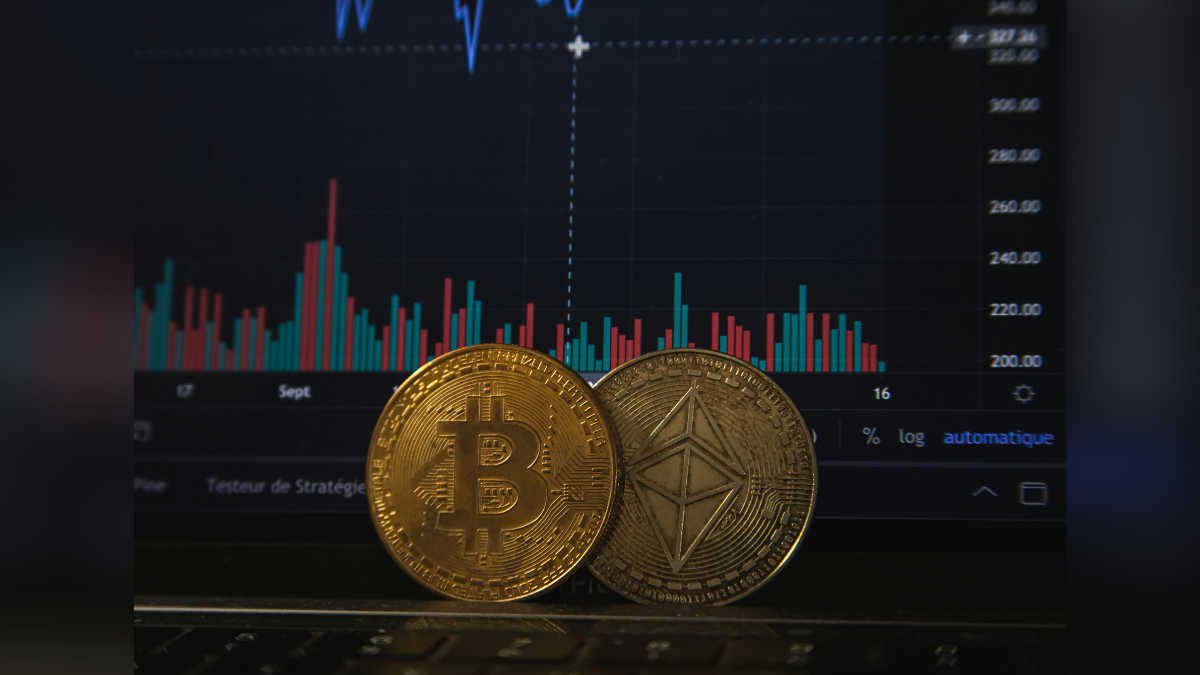Anonymous Casinos: A Financial Frontier or a Regulatory Risk?

July 21 2025, Published 1:45 a.m. ET
As blockchain technology transforms the financial world, its influence has extended into one of the most controversial and profitable online industries—gambling. With cryptocurrencies allowing for borderless, anonymous transactions, a new model of online casinos is rising fast: the privacy-first crypto casino.
These platforms, which often require nothing more than a crypto wallet to start playing, are sparking debates across financial sectors. Are they the next evolution of digital finance, or a loophole in global regulation waiting to be closed?
The Financial Mechanics Behind Anonymous Gambling
Unlike traditional online casinos that rely on fiat payments and central processing, anonymous casinos operate entirely on blockchain infrastructure. Players deposit and withdraw using cryptocurrencies like Bitcoin, Ethereum, or stablecoins—eliminating the need for credit cards, bank accounts, or third-party payment gateways. Platforms such as Anoncasino have capitalized on this model, allowing users to play without registering personal information or undergoing KYC (Know Your Customer) checks. Everything runs on smart contracts, including game logic, reward distribution, and audit trails.
This decentralized framework appeals to financially savvy users looking to maintain control over their data while still participating in high-liquidity online entertainment. It’s also attractive to users in regions with unstable banking systems or restrictive gambling laws.
Privacy vs. Compliance: Walking a Fine Line
From a financial perspective, anonymity is a double-edged sword. On the one hand, it promotes financial sovereignty—empowering users to interact directly with platforms without intermediaries. On the other, it complicates AML (Anti-Money Laundering) and CFT (Combating the Financing of Terrorism) efforts.
According to a report by Chainalysis, roughly 0.24% of crypto transactions are associated with illicit activity—down significantly in recent years thanks to improved on-chain analytics. Still, regulators worry that platforms with minimal oversight may inadvertently enable bad actors to move funds undetected.
This has led to growing pressure for crypto gambling sites to incorporate selective compliance features such as geofencing, transaction monitoring, and self-exclusion options. Forward-thinking platforms are beginning to adopt these voluntarily to remain ahead of future legislation.
Banking Institutions on Alert
Financial institutions are watching the rise of crypto casinos closely. While most banks currently refuse to interact with platforms that don’t implement KYC, the borderless nature of blockchain presents enforcement challenges. Transactions on the blockchain can flow from a decentralized casino to a personal wallet and eventually to an exchange or account that does pass compliance.
The result is an uneasy truce—many users operate in the gray zone, keeping gaming activities entirely within the crypto ecosystem to avoid friction. However, as centralized exchanges like Binance and Coinbase enforce stricter policies, the walls may slowly be closing in on fully anonymous use cases.
Market Growth and Financial Implications
Despite regulatory uncertainty, the anonymous gambling sector is growing fast. Some estimates suggest it could become a multi-billion dollar segment within five years, driven by global crypto adoption and demand for privacy-centric services. As more investors recognize the market potential, financial advisors are beginning to include crypto gaming platforms as part of speculative portfolio discussions.
Moreover, anonymous casinos are helping to define broader use cases for decentralized finance (DeFi). Users who once interacted with crypto solely as an asset class are now using it for real-time services—turning coins into tools rather than investments alone.
The Future of Private Digital Transactions

As decentralized technologies continue to evolve, the distinction between online entertainment and financial tools is becoming increasingly blurred. New anonymous gaming platforms are demonstrating just how far privacy-focused applications can go—offering real utility without sacrificing user confidentiality. While regulators may debate the implications, one thing is certain: the appetite for financial privacy is growing. Anonymous crypto casinos represent just one example of how digital autonomy is reshaping the way people interact with money, risk, and entertainment in a borderless world.
The information provided in this article is for general informational purposes only. Gamble or play responsibly. If you or someone you know has a gambling problem, help is available. Call 1-800-GAMBLER. If you’re in the U.K. and need help with a gambling problem, call the National Gambling Helpline on 0808 8020 133 or go to gamstop.co.uk to be excluded from all UK-regulated gambling websites. We disclaim any liability for any loss or damage arising directly or indirectly from the use of, or reliance on, the information presented.


